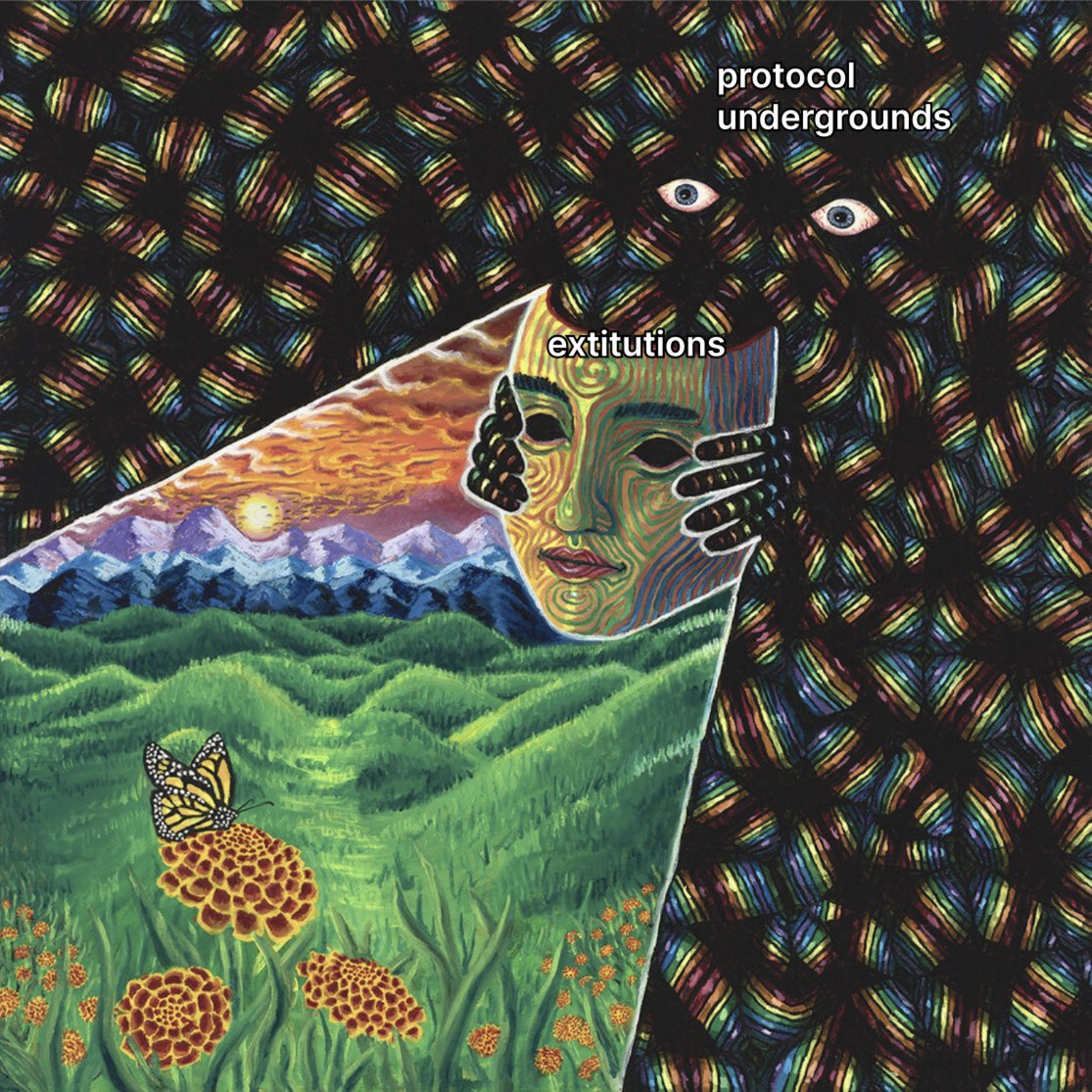An Attempt at Some Definitions
Last year, OPRG attempted to generate some terms to describe social phenomena that mirrored open source culture in some ways, but were distinct. First among these were “open protocols.”
Open protocols have two key features: memeticism and open-ended empiricism. These sociotechnical knowledge sets circulate through the social, crystallizaing before diverse publics and environments into maximally versatile & practical forms. They are finely tuned, concretized cognitive assets. The genius of the publics.
Institutional protocols, on the other hand, tend to the inverse, becoming anti-memetic (discouraging reproduction: think military classification, NDAs, industrial secrets) and anti-empirical (resistant to inconvenient truths, interpretations or revisions that may have empirical veracity but be contrary to the interests of an organization or its authorities).
As part of their open crystallization, then, it’s necessary that open protocols take on an anti-institutional character; to persist in their form, they have to discourage closed values like centralization, totalization, enclosure, branding, elite capture, etc.
In their work on Extitutional Theory, Jessy Kate Schingler and Primavera de Filippi have argued that all social processes contain “an interplay between institutional and extitutional dynamics” - extitutional referring here to implicit and emergent patterns rather than explicit, standardized ones. Jumping off of that distinction last year, OPRG proposed the existence of protocol undergrounds: loose, informal communities tethered together only by open protocols. These are wide spanning areas of creative social practice where extitutional dynamics are dominant, and institutional dynamics are actively avoided.
Extitutions, we argued, could refer to the small, often ephemeral organizational bodies that use the benefits of institutional legibility to secure, protect and formalize the open empiricism of protocol undergrounds. The name was chosen to emphasize that they are discrete, atomic counterparts to the field-like and process forward phenomena of extitutional dynamics.
Extitutions here generally serve two roles:
a) bundling technical protocols with open cultural values to shield them from capture,
b) erecting or facilitating temporary autonomous zones to aid the crystallization of those values.
They can be thought of as institutional avatars of protocol undergrounds, strategically deployed to fill power vacuums and keep institutional capture at bay. This often means taking on a trickster character, making deliberately disingenuous and playful use of institutional structures, running distract while the extitutional networks they serve remain in a state of illegibility.
In the 1980’s/ 90’s, a noted strategy of the indie music scene was the creation of pop up labels. Meant to exist only for a short period, these pseudo-institutions would serve the purpose of limited liability and economic coordination for 3-6 months, then would Ben deliberately run into the ground and popped up in alternate form. Their goal was never the success of the label, but the success - i,e, the resistance from corporate or commercial capture - of the scene. Moreover, the scene itself was defined only by its shared cultural and technical strategies of free, experimental expression - its open protocols).
Throughout the seventies, the Orange County collective The Brotherhood of Eternal Love formalized the cheap and exploitation-free distribution of LSD, filling a vacuum that otherwise would have been occupied by capture-oriented organized crime or cartels. They also worked to imbue the culture with a spiritual anarchsm that resisted gurus or easy ideology, relying on humor and irreverence to keep truth a floating target. Long after the dissolution of the group, these values remain: LSD is sold at a cheap cost, LSD families refuse to work with drug cartels, and the culture has remained allergic to ideological capture.
Seeing the danger that the underground practice could be co-opted by exploitative forces or taken advantage of by people with ill intentions, Cynthia Slater and friends formed The Society of Janus in 1974, working to formalize s/m’s culture of safety and consent. They were operative in spreading rigorous consent protocols to accompany the more technical protocols of bondage, sadism and masochism.
The lineage goes on, stretching back centuries. They represent a viable dissent to the normal momentum of institutionalization: the larger, informal networks can remain informal, in flux, empowered by emergence and alive only in field and process, while strategic deployments arise at certain moments to protect that process, dissolving back into the milieu when their job is done.
Rather than understanding the social realm as an impoverished place that needs to be filled by commerce and hierarchy, these extitutions see an abundance in the social field that only needs to be protected from homogenization, cooptation, enshitification and violence.
I’ve insisted on this trifecta for a year now because I think it offers a formula to regen, crypto and dweb space for the kind of new social forms we should be building and equipping: small, minimalistic, ephemeral in principle (the walkaway test), contributing generously to the free circulation and absolute saturation of society with empirically open protocols, and deferring always to the intersubjective genius and wealth of the publics.
